Child Development Projects Supported
Research Projects Supported:
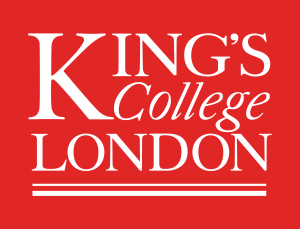
King’s College London – Can Drumming Improve Brain Function in Autism?
PI: Professor Steve Williams
This study examined drum training in autistic adolescents, finding improved drumming linked to reduced hyperactivity and inattention. fMRI showed enhanced connectivity in inhibitory control and self-regulation regions, including the right inferior frontal gyrus and dorsolateral prefrontal cortex. Results suggest drum-based interventions may benefit inhibition-related and behavioral difficulties in clinical populations.
To find out more you can read the published paper or BBC news article.
Study status: Completed

King’s College London: Rolandic Epilepsy Genomewide Association International Study | REGAIN
PI: Prof Deb Pal
This international, multisite study represents the first GWAS investigation into Rolandic Epilepsy (RE). Its primary goal is to establish a large, fully phenotyped clinical-genetic dataset of individuals with RE, enabling more accurate diagnosis, improved understanding of genetic contributions to co-existing conditions, and paving the way for personalised interventions.
Study Status: Study completed – publication expected Summer 2026
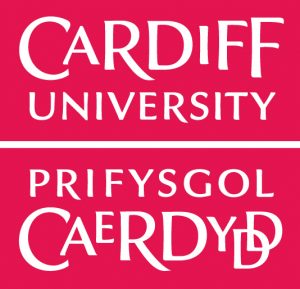
Cardiff University: Effects of a synbiotic drink on the well-being of secondary school students.
PI: Prof Andy Smith
This project will test whether kefir smoothies combined with prebiotics can support mental health and wellbeing in secondary school students. Sixth-formers will take part in a six-week trial comparing the synbiotic smoothie, a goat’s milk control, and no drink. Researchers will measure wellbeing, sleep, diet, and academic performance before and after, along with analysing gut bacteria to see if the synbiotic drink improves mental health outcomes.
Study Status: Starting 2026

Cardiff University: PCOS Priority Setting Partnership
PI: Prof Aled Rees and Verity
The project is a Priority Setting Partnership, aiming to address knowledge gaps and research imperatives in Polycystic Ovary Syndrome (PCOS). Through established James Lind Alliance protocols, patients and clinicians will collaborate to identify the top 10 research questions requiring further research in PCOS, including service delivery, fertility, metabolic outcomes, and psychological morbidity. PCOS is a complex condition with diverse presentations and significant areas of under-research. It is hoped that this project will inform relevant and impactful research, addressing critical aspects of PCOS to improve understanding and management of the condition and ultimately lead to more funding in the area.
More information can be found here
Current Status: Active

Cardiff University: DCD Priority Setting Partnership
PI: Dr Catherine Purcell
The research project aims to use the James Lind Alliance process to establish research priorities for Developmental Coordination Disorder (DCD) in the UK. By engaging a wide range of stakeholders, including individuals with DCD, carers, academics, and practitioners, the project will identify unanswered questions and develop a Top 10 list of research priorities. This will guide researchers, funders, and policymakers to focus their efforts on the most pressing needs and ensure relevant, impactful research.
More information can be found here.
Current status: Active
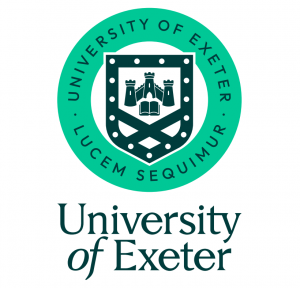
Exeter University: Assessing the temporal relationship between free-living physical activity and affect in adolescents.
PI: Dr Lisa Price
This study will explore the bi-directional relationship between physical activity and mood to understand how physical activity timing, frequency, and intensity influence mood, offering insights to guide mental health interventions for adolescents. Participants will wear a wrist accelerometer for 7 days to track physical activity and will report mood and context five times daily via a smartphone app. Data will include demographics, mental health measures, and contextual factors like social setting and environment.
Current status: Active
Practical Projects Supported:
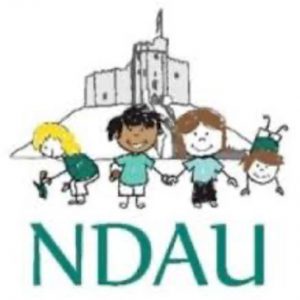
Neurodevelopment Assessment Unit @ Cardiff University
We have proudly supported this project since its set up in 2016. The unit at Cardiff University is an early intervention programme for children aged 4–7 with emotional, behavioural, social, language, attention, or learning difficulties, regardless of diagnosis. It provides detailed assessments of cognitive, language, and social-emotional skills, with results shared to support parents, teachers, and families while they await formal CAMHS involvement. By offering timely feedback, the NDAU helps schools and families implement tailored strategies, reducing stress and improving day-to-day outcomes.
Alongside direct support, anonymised data informs research into neurodevelopmental conditions, advancing understanding and contributing to better long-term interventions for children and their families.
For more information visit their website.
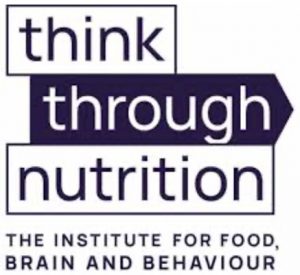
Think Through Nutrition
Think Through Nutrition is a UK charity dedicated to improving brain health and wellbeing by promoting good nutrition. They deliver evidence-based education and interventions in varied settings (schools, prisons, communities, perinatal services, workplaces) to help people make better dietary choices that support mental health, cognition, mood and resilience. Their work includes research, bespoke digital tools (eg. the LANAH platform), and campaigns aimed especially at vulnerable or low-income groups.
We have previously supported some of their prison based nutrition work and they are currently in receipt of a core cost grant.

William Templeton Foundation
The William Templeton Foundation for Young People’s Mental Health (YPMH) is a UK charity focused on reducing mental health issues among adolescents and young adults, especially depression and anxiety. It works at the intersection of research, innovation, and practice building collaborations across disciplines to accelerate development of prevention, detection, diagnosis, and treatment of mental health problems. Projects like Changing Hearts, Changing Minds bring together researchers, clinicians, charities, schools, families, and policymakers to generate and apply evidence-based solutions earlier and more effectively.
We have supported YPMH since 2021 in developing their solutions roadmaps and more recently have taken a focus in on their important work in nutrition and mental health.

Verity
Verity is a UK charity founded in 1997 that supports people living with Polycystic Ovary Syndrome (PCOS). It’s run by volunteers (many of whom have PCOS themselves) and aims to improve lives through education, advocacy, research, and peer support.
Verity offers evidence-based information resources (e.g. downloadable booklets), digital and offline support groups, webinars, awareness campaigns, and works to improve awareness and treatment of PCOS among both the public and healthcare professionals. It also raises funds via donations, merchandising and community activities to sustain its work.
We have supported Verity since 2022 through a combination of core-cost grants and project specific funding. We are proud to have supported their PCOS Time practitioner training programme and the launch of the first-ever PCOS All-Party Parliamentary Group (APPG), which has since produced the first parliamentary evidence report on PCOS diagnosis and treatment. These initiatives are driving greater awareness, improving clinical practice, and paving the way for better diagnosis, management, and outcomes for people living with PCOS.
Dissemination Projects Supported:

Manchester Metropolitan University – Watch Me Do It videos
Watch Me Do It is a free video library developed by Manchester Metropolitan University to support children with dyspraxia or Developmental Coordination Disorder (DCD). It provides first-person demonstration videos of everyday tasks, such as tying shoelaces, opening packets, or using cutlery, shown from the child’s perspective to make imitation easier. Each skill includes left- and right-handed versions, slower speeds, and practical tips created with occupational therapists. The resource helps children, families, and schools build independence and confidence in daily activities, particularly while awaiting therapy.
Following a successful TWF funded research project showing that the approach improves motor skill learning we awarded Manchester Metropolitan University a dissemination grant to create and host more videos on their website making them freely available to families and OTs.
